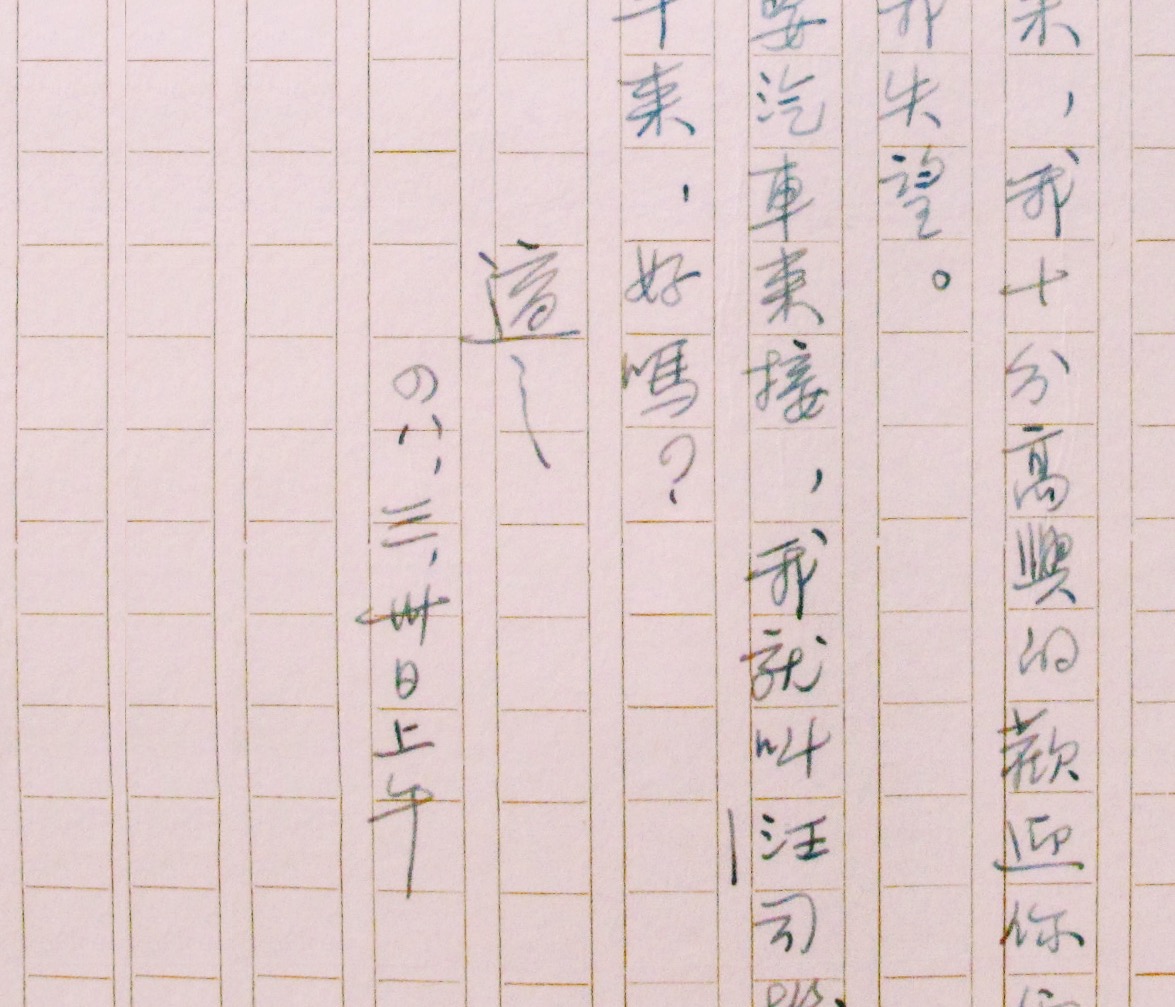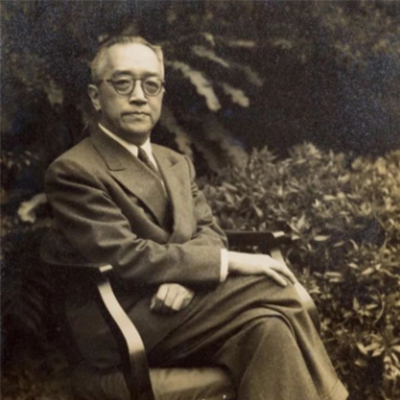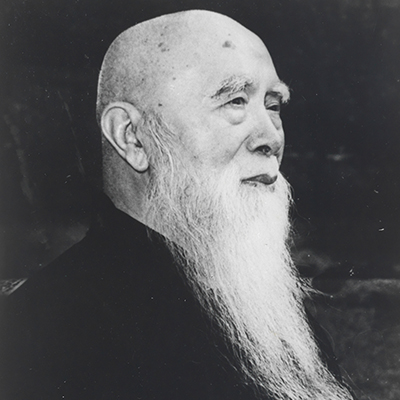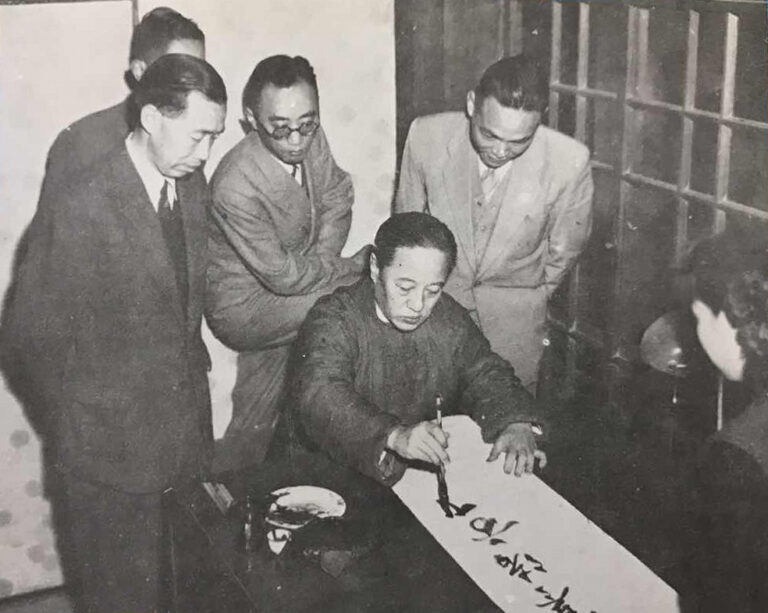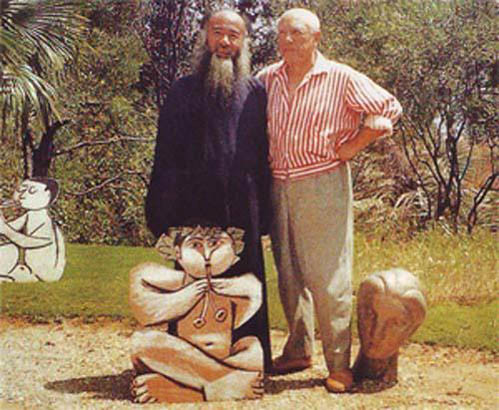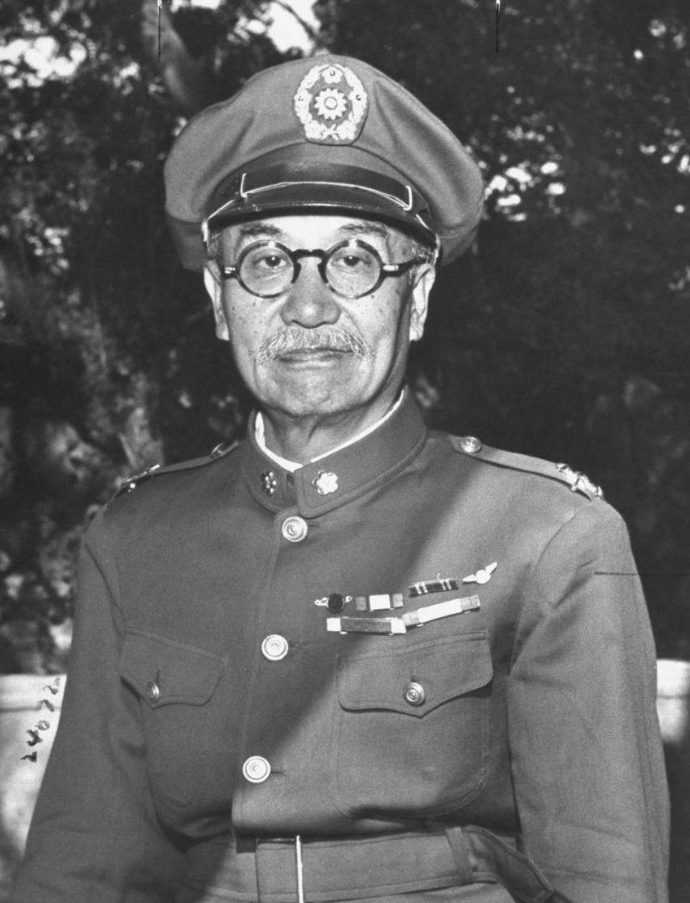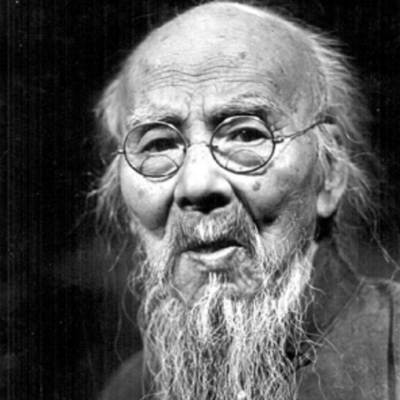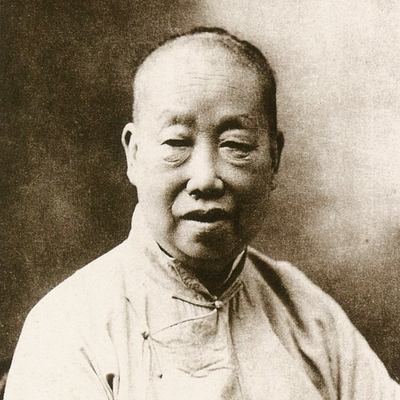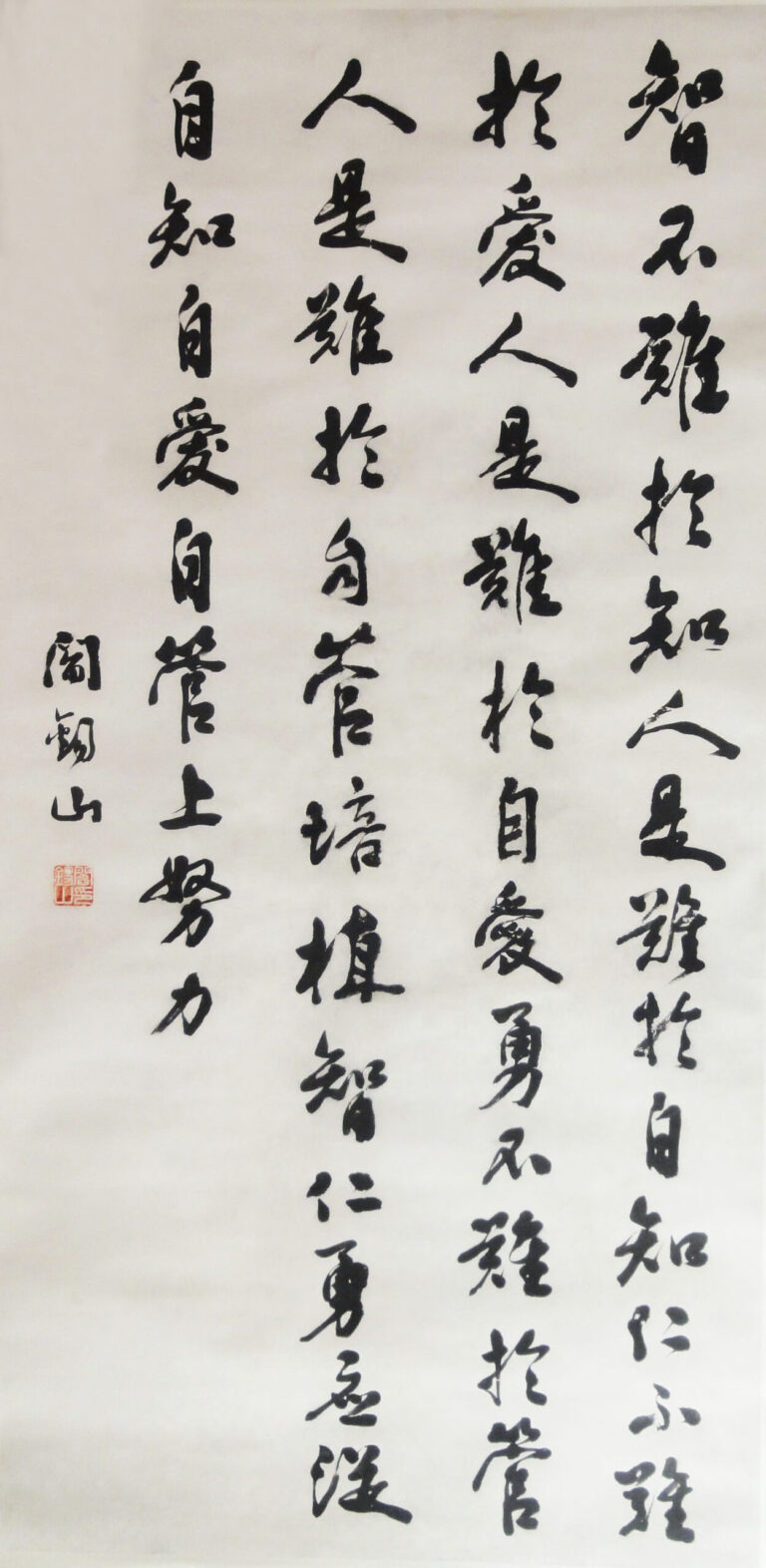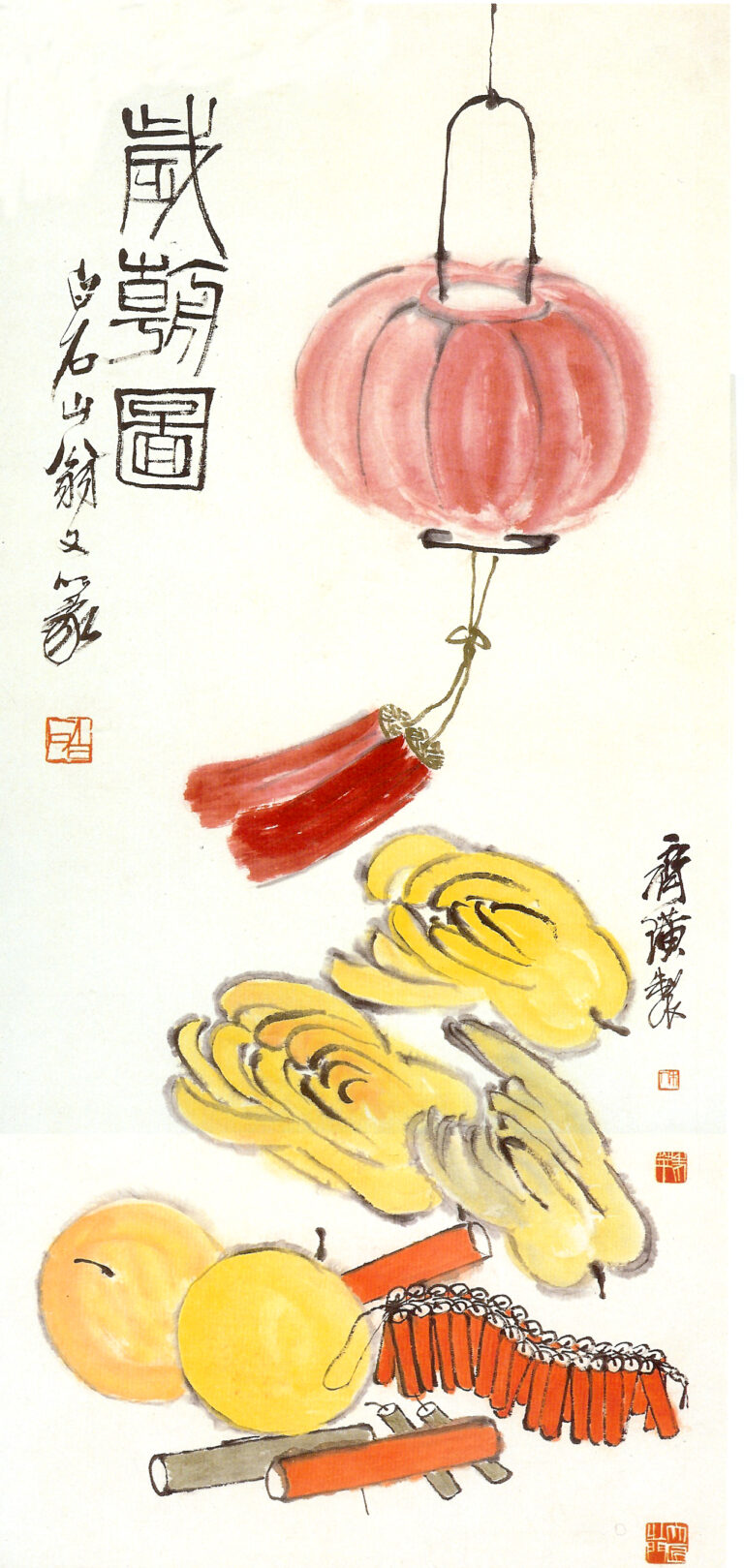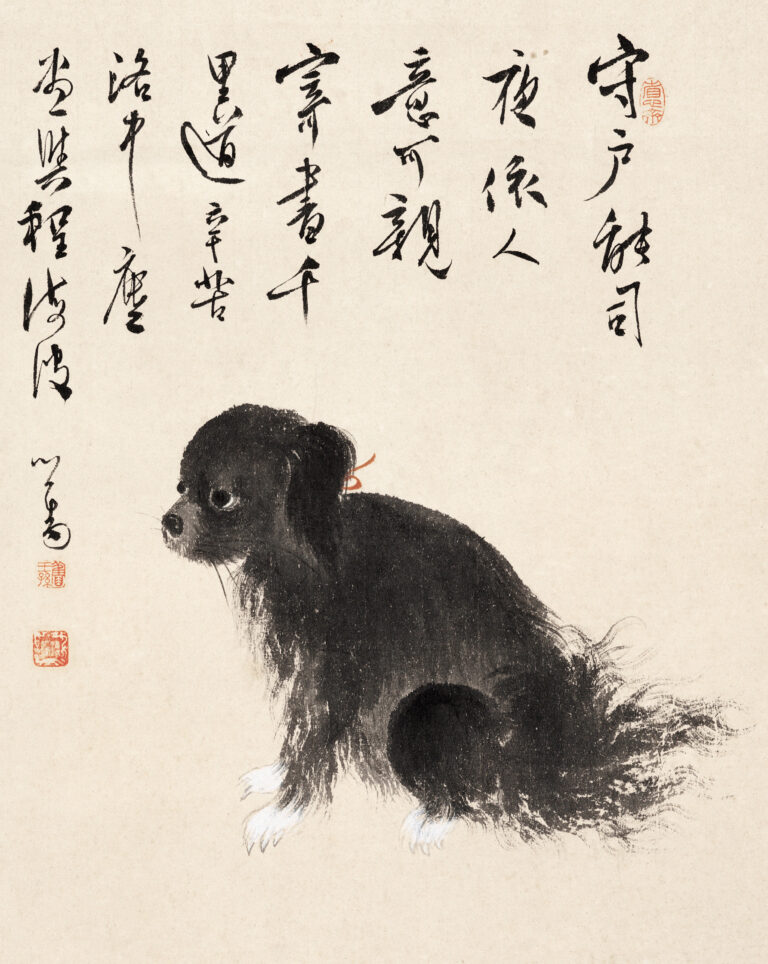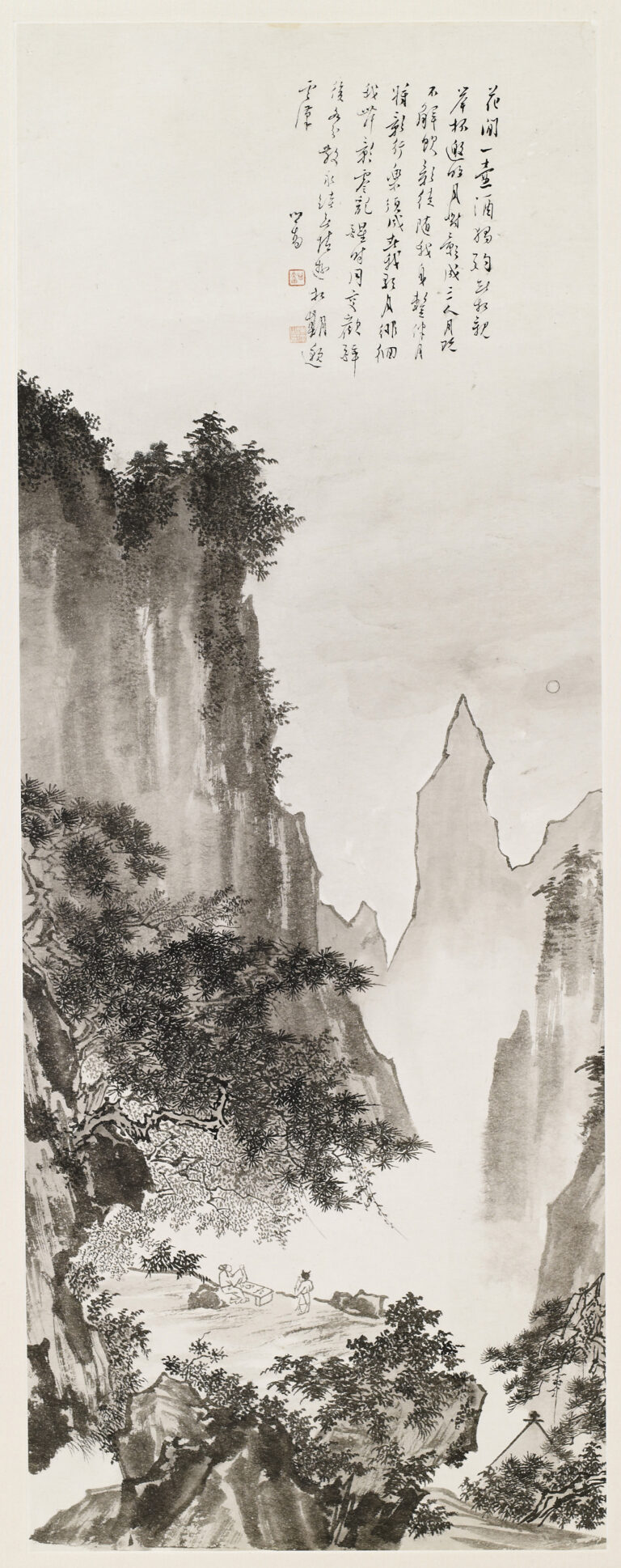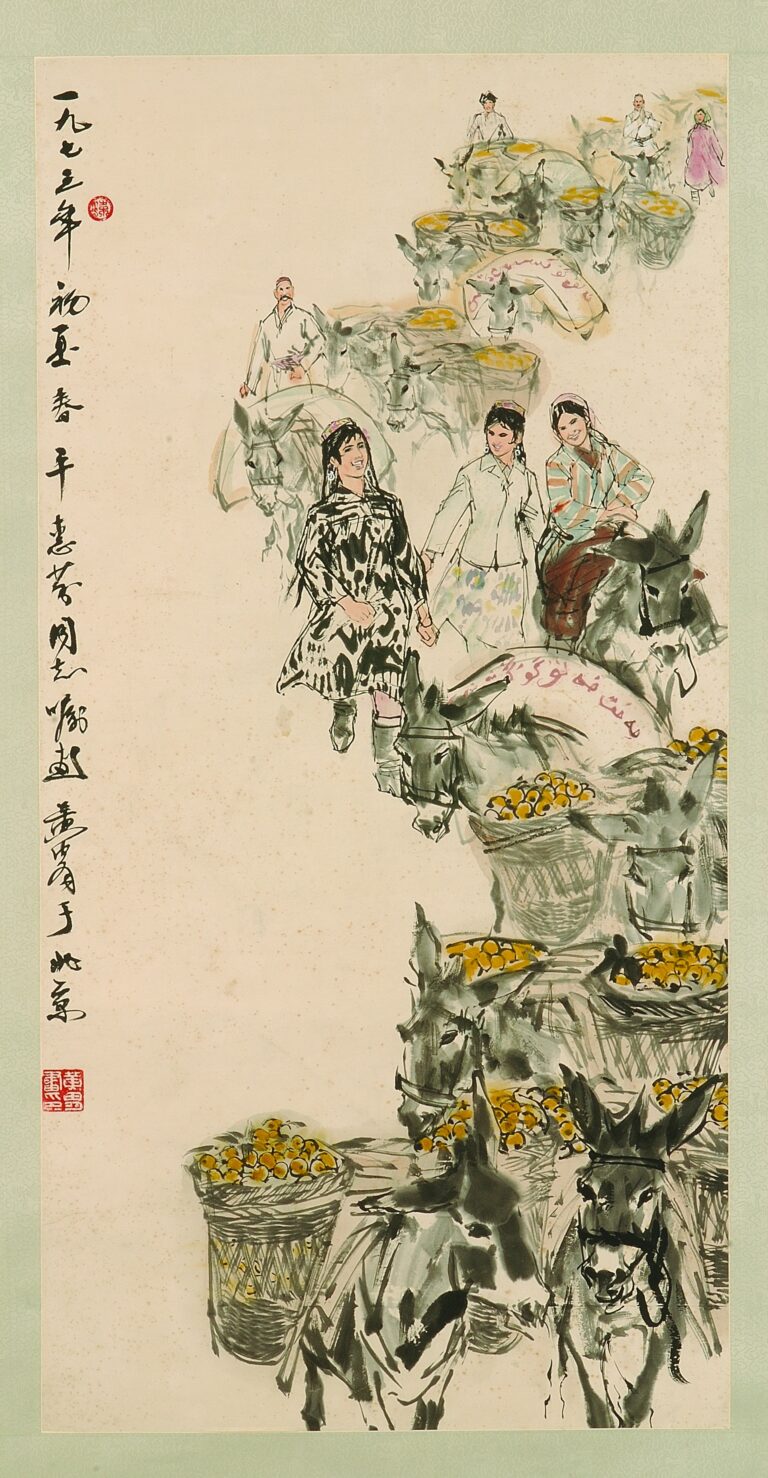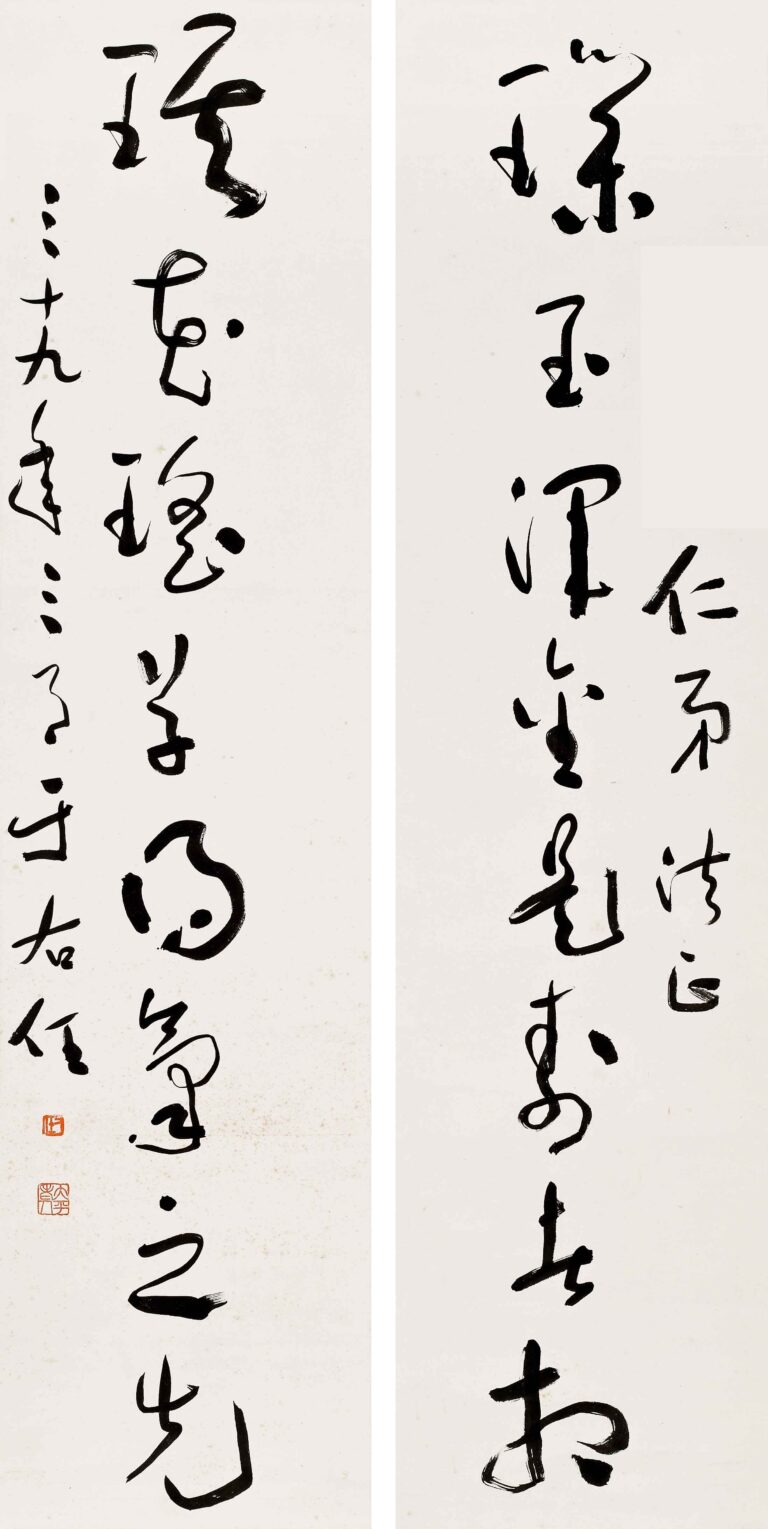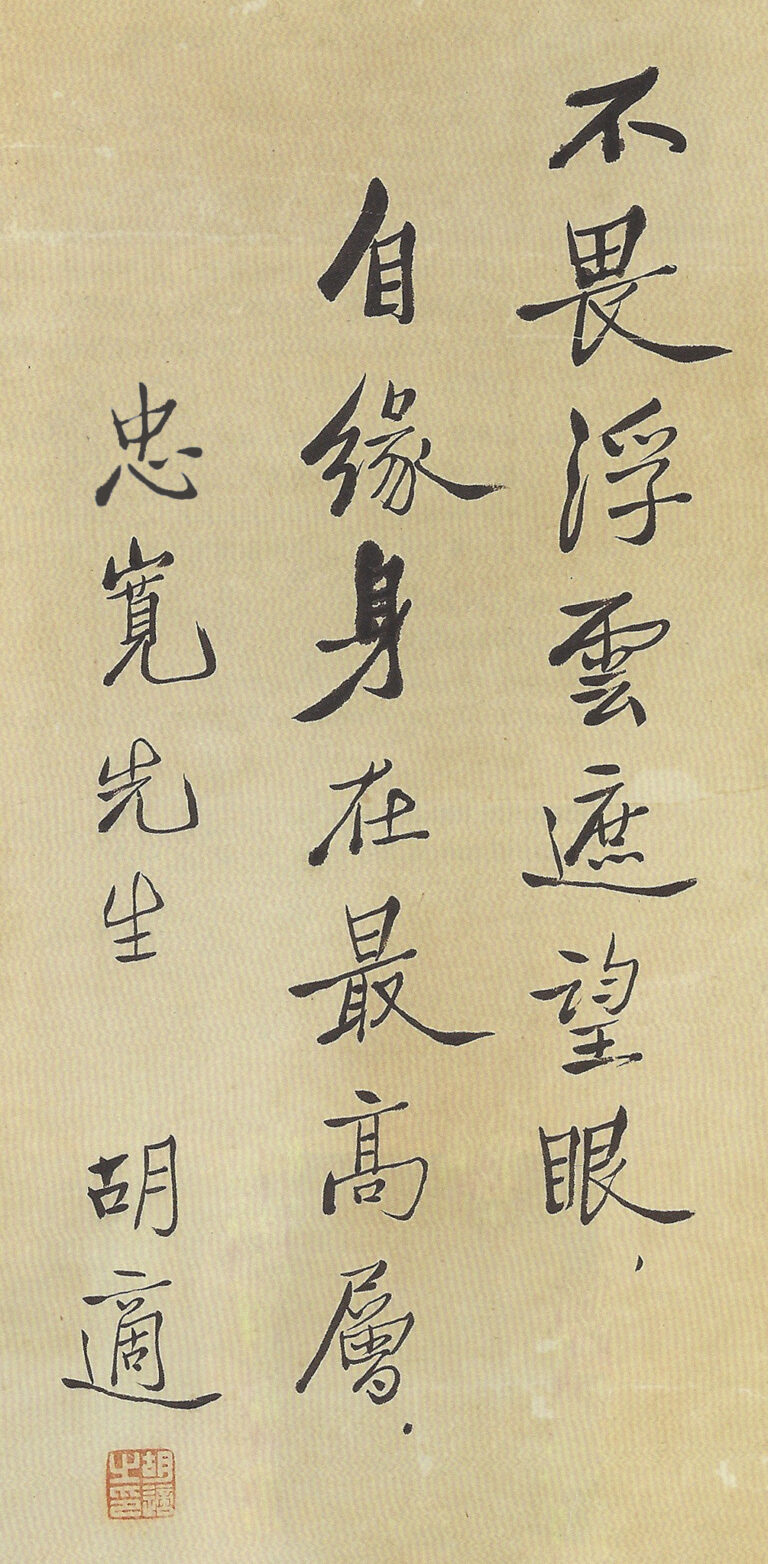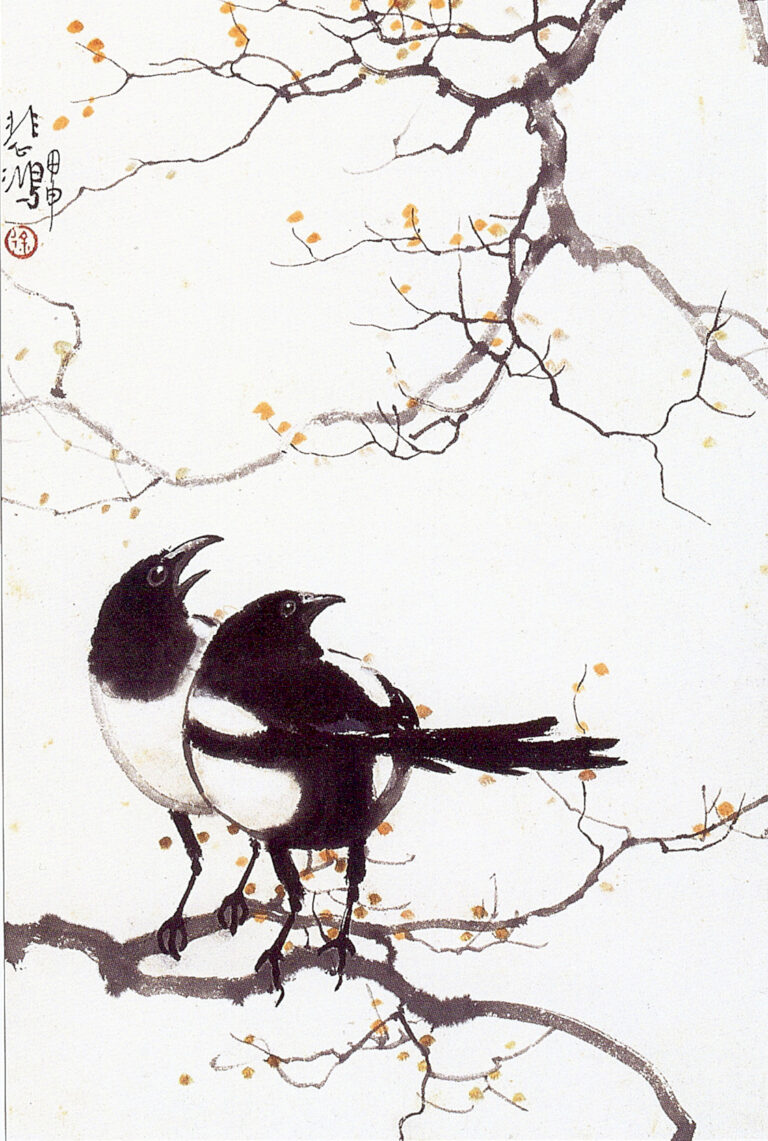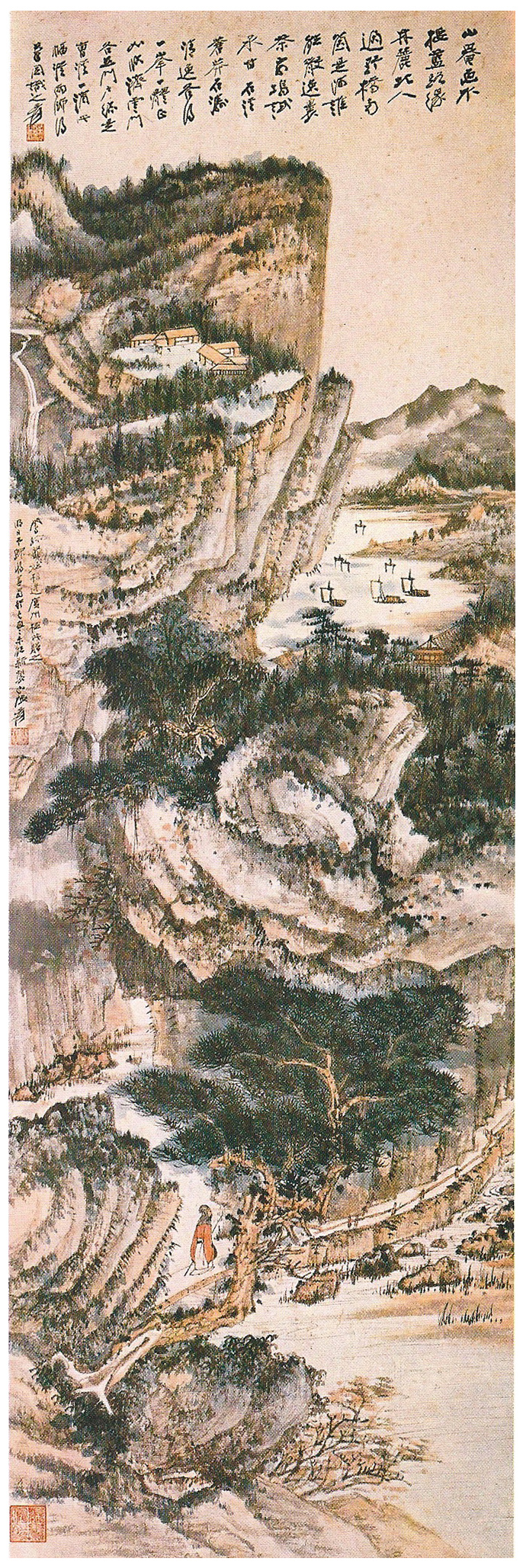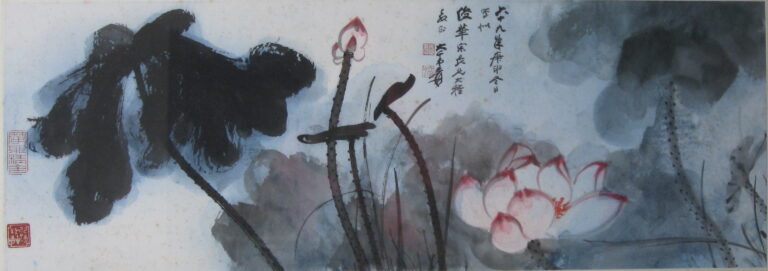Hu Shi (December 17, 1891-February 24, 1962), formerly known as Sijin, with the character Shizhi, from Jixi County, Anhui Province, was a famous scholar, thinker, writer, philosopher and educator in modern China. He has deep attainments in many fields such as literature, philosophy, historiography, and education, and has had a profound impact on the development of modern Chinese culture.
Hu ShihEarly life and study path
Hu Shi was born in Chuansha County, Songjiang Prefecture, Jiangsu Province (now Pudong New Area, Shanghai). He lost his father at the age of four and was raised by his mother as an adult. In 1904, he was admitted to Shanghai China Public School and began to be exposed to new knowledge. In 1910, he went to the United States to study. He studied at Cornell University and Columbia University successively. He studied under the pragmatist philosopher John Dewey and was deeply influenced by his ideas.
Advocate of vernacular Chinese in the New Cultural Movement
In 1917, Hu Shi published "A Brief Discussion on Literary Improvement" in the journal "New Youth", putting forward eight propositions of the literary revolution, advocating the replacement of classical Chinese with vernacular Chinese, and advocating the principles of what is said, correct grammar, and non-imitation of the ancients. This article is considered to be the beginning of the New Cultural Movement and played a role in promoting the modernization of Chinese literature.
In 1918, he further published "The Theory of the Literary Revolution of Construction", which summarized the ideas of the literary Revolution into four principles:
- If you have something to say, just speak.
- If you have anything to say, you can say whatever you want; if you have anything to say, you can say whatever you want.
- Say what I say to myself, don't say what others say.
- What era are people from and what era are they talking about.
Hu Shi's claims laid the foundation for the modernization of Chinese literature.
Promoter of vernacular literature
Hu Shi is an active promoter of vernacular literature. He believes that vernacular literature is the authentic Chinese literature and advocates the use of vernacular to create new literary works. In 1920, he published the first collection of vernacular poetry in China, "Experimental Collection", which ushered in a new era of vernacular poetry. He also wrote the "History of Vernacular Literature", which systematically combed the development history of vernacular literature.
Philosophy and Academic Research
Hu Shi advocates pragmatism in philosophy and advocates the academic method of ”bold assumptions and careful verification". He believes that the scientific method is to respect facts and evidence, and experiment is the only touchstone of truth. His doctoral thesis "History of Pre-Qin Scholars" was a groundbreaking work in the study of the History of Chinese philosophy. It was later compiled into "Outline of the History of Chinese Philosophy", which had a profound impact on the study of Chinese philosophy.
Education and Diplomacy
Hu Shi was a professor, Dean of the School of Arts, and president of Peking University, and made important contributions to the development of higher education in China. From 1938 to 1942, he served as the Ambassador of the Republic of China to the United States, actively promoting cultural exchanges between China and the United States. In 1948, he was elected President of Academia Sinica and devoted himself to academic research and talent training.
Later life and death
In 1957, Hu Shi returned to Taiwan and continued to engage in academic research and education. On February 24, 1962, he died of a heart attack at the age of 71 while attending a welcome reception for academicians of Academia Sinica in Taipei. The Government of the Republic of China converted his former residence into a Hu Shi Memorial Hall to commemorate his contribution.
Hu Shi's artistic Achievements and Painting and Calligraphy works
Although Hu Shi is known for his academics and ideas, he also has certain attainments in calligraphy and painting. His calligraphy style is simple and natural, full of personality, and his works are mostly written in running script and regular script, reflecting his love for traditional culture and his pursuit of art. His paintings are mainly freehand flowers, with concise brushstrokes and far-reaching artistic conception, showing his love for nature and his understanding of life.
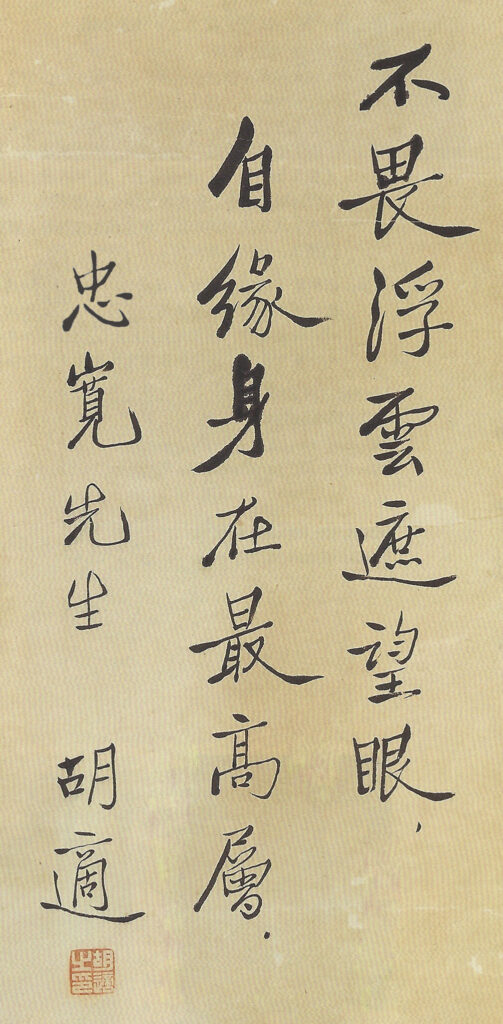
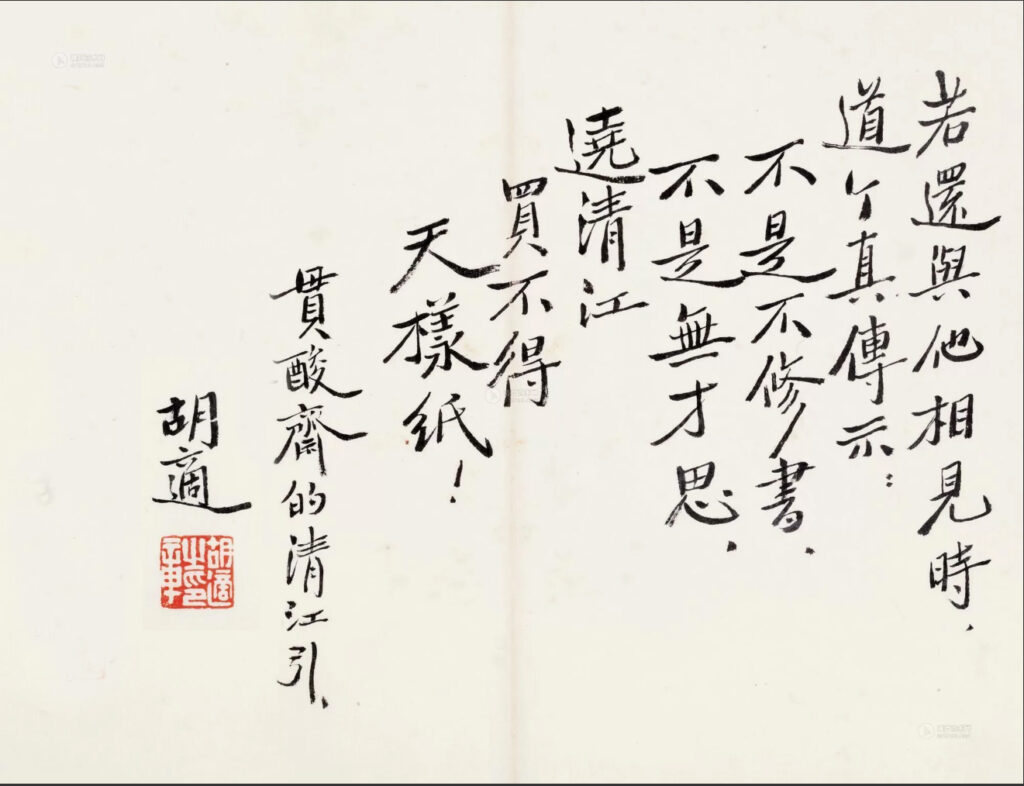
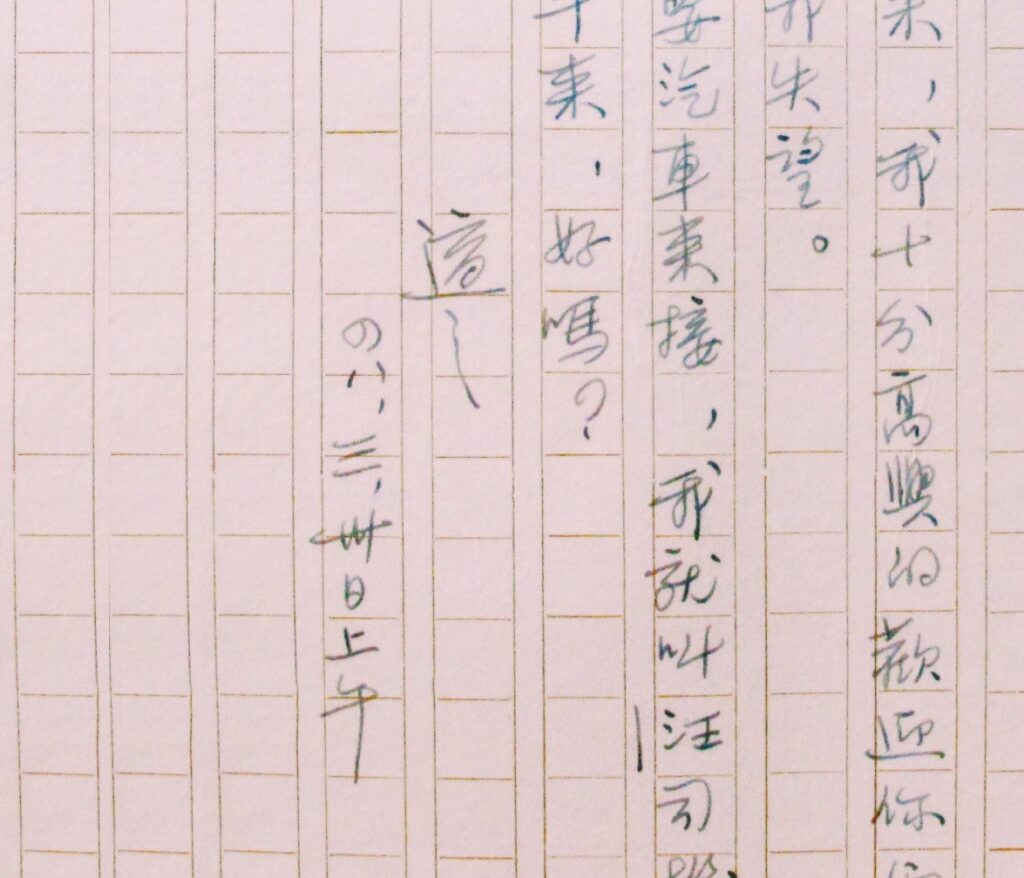
Hu Shi's Influence and Evaluation
Hu Shi is one of the important founders of modern Chinese culture. His thoughts and opinions have had a profound impact on Chinese literature, philosophy, education and other fields. The vernacular movement he advocated promoted the modernization of Chinese literature, and his pragmatist philosophy influenced generations of scholars and intellectuals. His academic spirit and academic methods are still widely respected and studied today.
Hu Shi's life is an important chapter in China's modernization progress. With his outstanding academic achievements and far-reaching ideological influence, he has become a pioneer and representative of modern Chinese culture.
Famous Quotes of Hu Shi
When young people come into contact with a cold society for the first time, they tend to feel that ideals are too far from the facts, and they are prone to pessimism and disappointment. The ideals of life that have been embraced for many years, the enthusiasm for transformation, and the courage to struggle, at this time, it seems that they are all the same thing. In the strong social fire, small individuals often cannot withstand a long period of baking and melt away, and a little noble ideals will soon be disillusioned. People who come with the dream of transforming society often abandon their armor and drag soldiers away, or become prisoners of evil forces. In that prisoner's prison, you think back to all kinds of idealism in that youthful and vigorous era, as if you have become a dream of mistaken people! From then on, you will be willing to give up the pursuit of your ideal life and be a shunmin in the society. ——Hu Shi, "About a Few Paths after Graduating from University"
The pain and shame we suffer today are just the consequences of various evil causes in the past. If we want to reap the good fruits of the future, we must work hard to plant the new causes of the present. One seed at a time, there must be a full warehouse and a full house. This is the confidence we should have today. ——Hu Shi, "About a Few Paths after Graduating from University"
“If you are willing to be free, you are also free. ”In fact, I am very happy to be bound willingly. ——Hu Shi
It's still a full moon, it's still an empty mountain, and it's a quiet night; I came back from the mountain alone, how can this desolation be solved! A burst of Songtao on Cuiwei Mountain broke the silence of the empty mountain. The mountain breeze messed up the loose marks on the window paper, and it couldn't disperse the figure in my heart. ——Hu Shi "Moonlit Night at the Secret Magic Cliff"
The only way to save yourself is to cast your own material into a weapon. ——Hu Shi
After being a pawn across the river, he could only move forward desperately. ——Hu Shi
What are you afraid of? The truth is infinite, and there is joy every inch of it. Even if you drive an old and broken car, as long as you are on the way, and occasionally blow a little wind, this is happiness. ——Hu Shi
The tree has no heart knot, and I have no kindness to you. ——Hu Shi
You said you want to fight for freedom. Freedom is for external constraints. Independence is your own business. If you are free but not independent, you are still a slave. Independence means not blindly following, not being deceived, not relying on others, and not relying on others. This is the spirit of independence. ——Hu Shi
I laugh at your radio that travels 500,000 miles in a second, but it's not as good as my mere thought! With a thought in my heart, I went from bamboo pole Alley to the tip of bamboo pole; suddenly on the Hezhen River, suddenly on the lake of Kaiyo; if I really had a deep acacia, I would go around the earth 30 million times a minute. ——Hu Shi "One Thought"
A man's ”three-from-four" wife has to follow when he goes out, his wife has to obey his orders, and his wife has to blindly obey when she is wrong; his wife has to wait for makeup, his wife has to remember her birthday, his wife has to endure scolding, and his wife has to be willing to spend money. ——Hu Shi
More than ten years ago
A person smiled at me
I didn't know anything at the time
I just think he laughed very well
That person didn't know what happened later
It's just that his smile is still there
Not only can I never forget him
I still think the longer he is, the more cute he is
I borrowed him to make many love poems
I came up with all kinds of situations for him
Some people are sad after reading it
Some people read it with joy
Happy or sad
Actually it's just that smile
I may not see the smiling person again
But I am very grateful to him for laughing so well
——Hu Shi "Smile"
After traveling thousands of miles for a long time, there is no one in the four seas and the sky. ——Hu Shi
Sun Gong died a pawn, and his merits were not donated by Tang. ——Hu Shi
Do not lower your ambitions, do not succumb, do not chase fashion, and do not avoid danger. ──Hu Shi
I have been scolded for ten years, and I have never resented the people who scolded me. Sometimes they scold me inappropriately, so I am anxious for them. Sometimes they scold too much, which damages the personality of the scolding person, and I make them uneasy. If scolding me benefits the scolding person, it means that I am indirectly benefitting him, and I am naturally very willing to be scolded. ——Hu Shi
There is a little girl who, even though she rarely contacts, always misses her from time to time; she runs around the worldly society during the day, doing things she doesn't love every day, and at night, she finds her own tranquility; a weak and sensitive appearance, a full and strong heart; she always needs someone to take care of, but she can't find a few.Confidant; can only be a spectator, watching from a distance, hoping that she will get better and better. ——Hu Shi "Immortal"
You must fight for independence, not freedom. Without independence, even if they are free, they will eventually become slaves to others. ——Hu Shi
The only principle of fighting for freedom is: “Those who are different from me may not be what they are, but those who are the same as me may not be what they are; what everyone is today may not be what they are, and what everyone is not may not be true. ”The only reason to fight for freedom, in other words, is to expect everyone to tolerate the opinions and beliefs of dissidents. ——Hu Shi, "Tolerance and Freedom"
Hu Shi's calligraphy works


